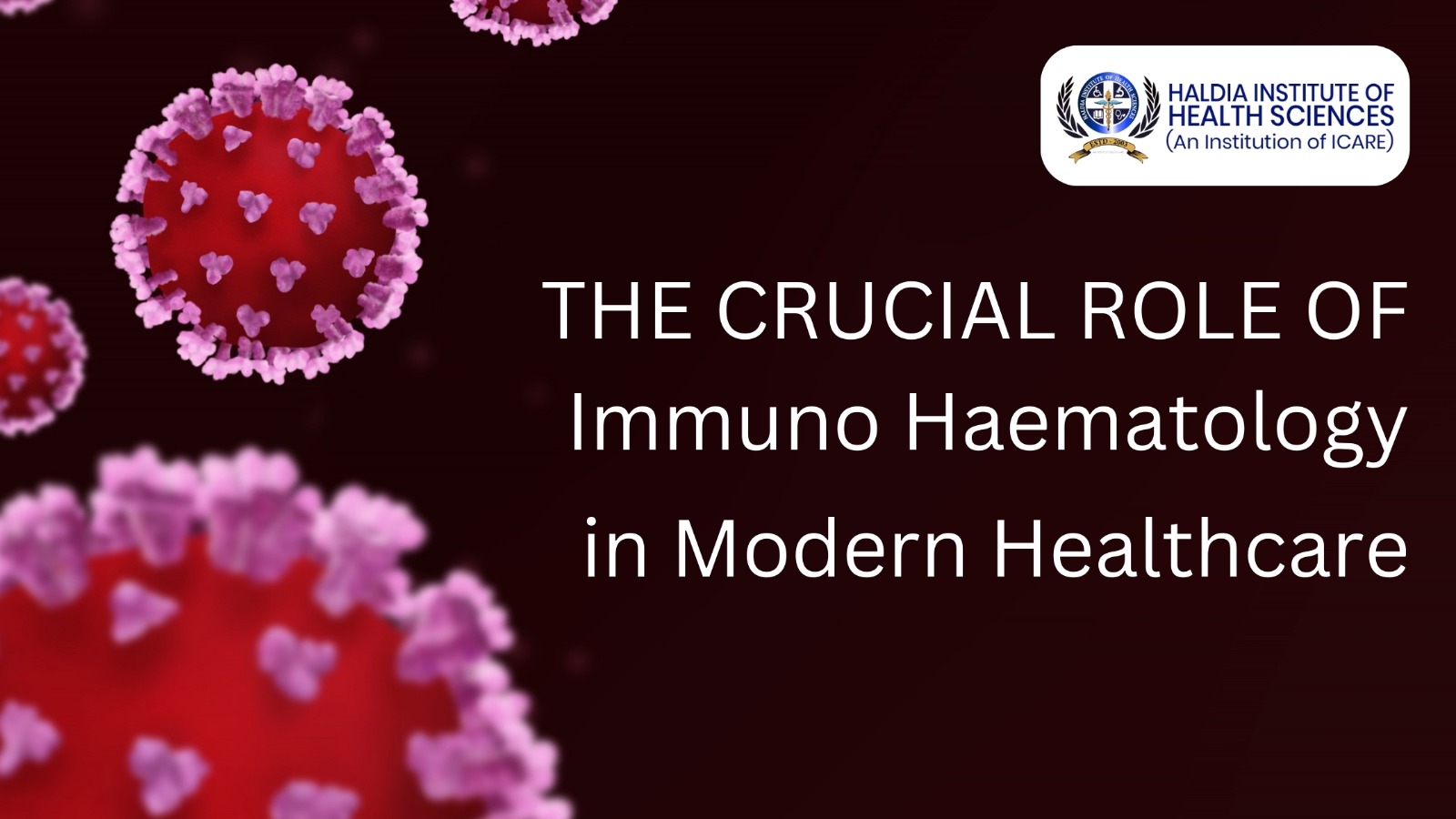Latest Notifications

Blog

The Crucial Role of Immuno Haematology in Modern Healthcare
The human body is a delicate ecosystem, a intricate dance of cells and systems working in perfect harmony. But what happens when this harmony is disrupted? What happens when our own immune system turns against us, or when life-giving blood becomes a source of danger? This is where the fascinating field of immuno haematology steps in, like a skilled detective wielding powerful tools to unmask hidden threats and ensure the safe flow of life.
Understanding the Battlefield: Blood and the Immune System
Blood, the crimson river of life, is more than just a fluid. It's a teeming metropolis of red blood cells carrying oxygen, white blood cells fighting off invaders, and platelets plugging leaks. The immune system, our body's valiant army, patrols this metropolis, identifying and neutralizing any foreign threats. But sometimes, the lines between self and non-self blur. Enter the realm of immuno haematology.
Immuno Haematology: The Detective on the Case
Immuno haematology is a specialized branch of laboratory medicine that focuses on the interactions between the immune system and blood. These interactions can be harmonious, like the white blood cells engulfing invading bacteria, or they can be chaotic, like an autoimmune reaction where the immune system attacks healthy red blood cells. Immuno haematologists are the detectives of this microscopic world, using a battery of tests to identify and diagnose blood-related immune disorders.
The Weapons in the Arsenal:
Immuno haematologists have a formidable arsenal at their disposal:
Antibody identification: These tests identify the rogue antibodies responsible for attacking red blood cells, ensuring safe blood transfusions.
Complement studies: These tests assess the complement system, a group of proteins that helps the immune system eliminate pathogens.
Autoimmune testing: These tests diagnose autoimmune diseases like hemolytic anemia and immune thrombocytopenia, where the immune system attacks healthy blood cells.
Immunosuppressive therapy monitoring: These tests monitor the effectiveness of medications used to suppress the immune system in transplant patients.
The Impact: Beyond the Lab
The work of immuno haematologists extends far beyond the walls of the laboratory. Their diagnoses guide critical decisions in various medical fields:
Transplantation: Ensuring compatible blood and organ matches for successful transplants.
Oncology: Diagnosing and monitoring blood cancers and their response to treatment.
Prenatal care: Preventing complications in pregnancies affected by Rh incompatibility.
Blood banking: Maintaining a safe and reliable supply of blood for transfusions.
A Field of Constant Evolution
Immuno haematology is a rapidly evolving field, constantly adapting to new challenges. With the rise of personalized medicine and targeted therapies, immuno haematologists are at the forefront of developing novel diagnostic tools and therapeutic approaches.

